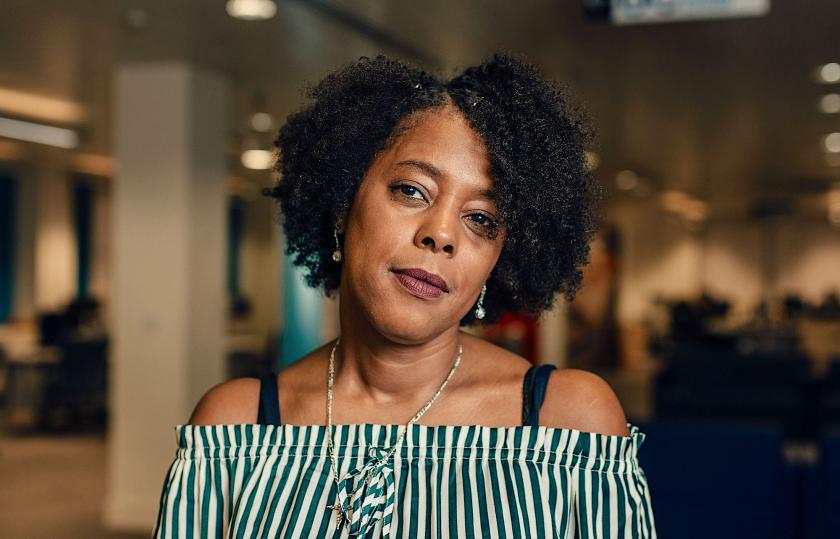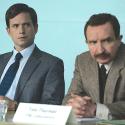The benefits system is feared for its resemblance to a vast poisonous swamp, from whose clutches many travellers fail to return. Universal Credit began to be rolled out in 2013, having been announced in 2010 by Conservative work and pensions secretary Iain Duncan Smith, and was supposed to bulldoze a path through the welfare jungle. However, it remains mired in controversy.
Critics claim the system is complicated to navigate, and causes delays in payment which can drive claimants into homelessness or force them to rely on food banks. Only this week it was announced that the full implementation has been delayed until 2024. BBC Two’s three-part series purports to take us inside the belly of the beast, but it would probably take a year of screen time and the entire BBC budget to unpick this bureaucratic quagmire.
This first episode zoomed in on the staff and clientele at Peckham Jobcentre, where we met single mother-of-two Rachel, growing increasingly frantic as she battled to get her Universal Credit payments rolling. A major pitfall is that it takes five weeks before new claimants start getting paid, a huge problem since many of them are already struggling to pay off loans they’ve been forced to take out to survive.
Then there was 61-year-old Phil, indignant at being pressured to end 10 years’ unemployment and make an effort to find a job. Poor chap. But you had to feel for Declan, suddenly homeless at 47, penniless and surviving on food bank vouchers. He was desperate to get a job – it gives you “pride in yourself,” he said.
We saw then-work and pensions secretary Amber Rudd gliding around in her limo and trying to sound positive and robust, but this only emphasised how far removed politicians are from the struggles on the front line. The Peckham staff, facing highly-stressed customers with a daunting array of problems, seemed to be doing a heroic job for little reward (some of the staff, like Karen, even need to take after-hours jobs to make ends meet).
So is UC an unmitigated disaster, or a good idea poorly implemented? Are there cases in which UC does actually work? The film depicted a purgatorial treadmill, though the closing scenes did show us the protagonists finally getting paid. Perhaps the next two episodes will tell us, or perhaps the question is just too complicated to answer.














Add comment